No longer notarizing translations but certifying the translator's signature, adding cases of notarization outside the headquarters... are new regulations of the 2024 Notarization Law.
Decree 104/2025 guiding the Notary Law has come into effect from July 1, 2025 and here are the new regulations that people need to know:
Notarization of inheritance division documents
Previously, legal heirs or heirs whose wills did not clearly specify the portion of the inheritance each person would receive had the right to request notarization of a document agreeing on the division of the inheritance.
Meanwhile, in the case where the only person who is entitled to inherit according to the law or those who are entitled to inherit according to the law but agree not to divide the inheritance, they will have the right to request notarization of the inheritance declaration document. That is, there are two types of documents: "agreement to divide inheritance" and "inheritance declaration".
To avoid confusion or difficulty in determining the type of document to be prepared when carrying out inheritance procedures, the new law stipulates that in all of the above cases, the legal heir or the heir by will will carry out the procedure for notarizing the document dividing the inheritance, when requested. This applies even in cases where there is only one heir.
People are performing notarization procedures at the Notary Office in Ho Chi Minh City.
Cases notarized outside the headquarters
Article 46 of the 2024 Notarization Law and Article 43 of Decree 104 stipulate that notarization can be performed outside the headquarters of the notary practice organization if the person requesting notarization falls into the following cases:
First, make a will at the place of residence according to the provisions of .
Second, unable to travel for reasons; being hospitalized or quarantined as directed by a medical facility.
Third, being detained or imprisoned; serving a prison sentence; being subject to administrative measures.
Fourth, there are other legitimate reasons as prescribed by the Government , including:
(i) Women who are pregnant or nursing children under 12 months of age;
(ii) Elderly people, people with disabilities or people with difficulty moving;
(iii) A person who is performing duties in the people's police force, people's army, or who is undertaking a position or performing assigned work at the request of the agency, organization, or place where they work, and whose departure from the position will affect the assigned duties, work, or responsibilities they are undertaking;
(iv) In case of force majeure or objective obstacles, the person requesting notarization cannot come to the notary practice organization.
It can be seen that, compared to before, the new law has added more cases that can be notarized outside the headquarters, such as cases of inpatient treatment. In addition, while previously "other legitimate reasons" were not clearly defined, leading to this provision being applied arbitrarily, now the Government has also provided detailed guidance on cases that are determined to have "legitimate reasons".
Take a photo of the notary witnessing the signing of the document
Article 50 of the 2024 Notary Law stipulates that the person requesting notarization, the witness, and the interpreter must sign each page of the transaction in the direct presence of the notary, except in special cases prescribed by law.
Notably, for the first time, the notary law stipulates that the signing of notarized documents in the presence of a notary must be photographed and stored in the notary.
Similarly, where fingerprinting is done in lieu of signing, a photo of the notary witnessing the fingerprinting must be taken.
Decree 104/2025 provides that photos must meet the following requirements: Identify the person signing the notarized document and the notary performing the notarization; be clear, sharp, not easily discolored or faded; not be cropped, edited, added, or removed in detail or background; be printed in color or black and white on A4 paper; in case of using specialized photo paper, the minimum photo size is 13cm x 18cm.
Notably, taking photos is a mandatory part of the notarization file. Therefore, if the person requesting the notarization does not agree to take photos, the notary has the right to refuse to perform the notarization.
No notarization of translation, only certification of translator's signature
Article 18 of the 2024 Notary Law stipulates that one of the rights of a notary is to certify the translator's signature in accordance with the provisions of the law on certification. Meanwhile, the 2014 Notary Law previously devoted an entire article (Article 61) to regulating the notarization of translations by notaries.
Thus, the 2024 Notarization Law has removed the content of notarizing translations from the scope of notarization. Instead, notaries will have additional authority to certify the translator's signature, in addition to certifying copies from the original and certifying personal signatures.
Translations notarized before July 1, 2025 continue to be valid; in case of need to use the translation, the translator's signature must be certified.
People who need to certify the translator's signature can do so at the People's Committee of the commune level, notary practice organization...
Previously, when submitting the draft Law, the Government said that the determination of translation as belonging to the scope of notarization was not in accordance with the nature of notarization because in fact, this was the authentication of the translator's signature within the scope of authentication activities. Therefore, the regulation on notarization of translations has not really been effective in practice.
Notarization of authorization contracts at two notary organizations
According to Article 57 of the 2024 Notary Law, in case the authorizing party and the authorized party cannot go to the same notary practice organization, the authorizing party may request the notary of the notary practice organization of his/her choice to certify the authorization request in the authorization contract.
The authorized party may request the notary of the notary practice organization of his/her choice to further certify the original copy of the authorization contract to confirm the acceptance of the authorization, complete the notarization of the authorization contract and send 1 original copy of the notarized document to the notary practice organization that the authorizing party notarized to keep the notarization records.
The notarized power of attorney document shall be effective from the time it is signed and sealed by the notary of the notary practice organization that the authorizing party and the authorized party request notarization. In case of an electronic notarized document, it must have the digital signature of the notary and the digital signatures of the notary practice organizations.
plo.vn
Source: https://baolaocai.vn/nhung-quy-dinh-moi-ve-cong-chung-chung-thuc-nguoi-dan-can-biet-post648086.html



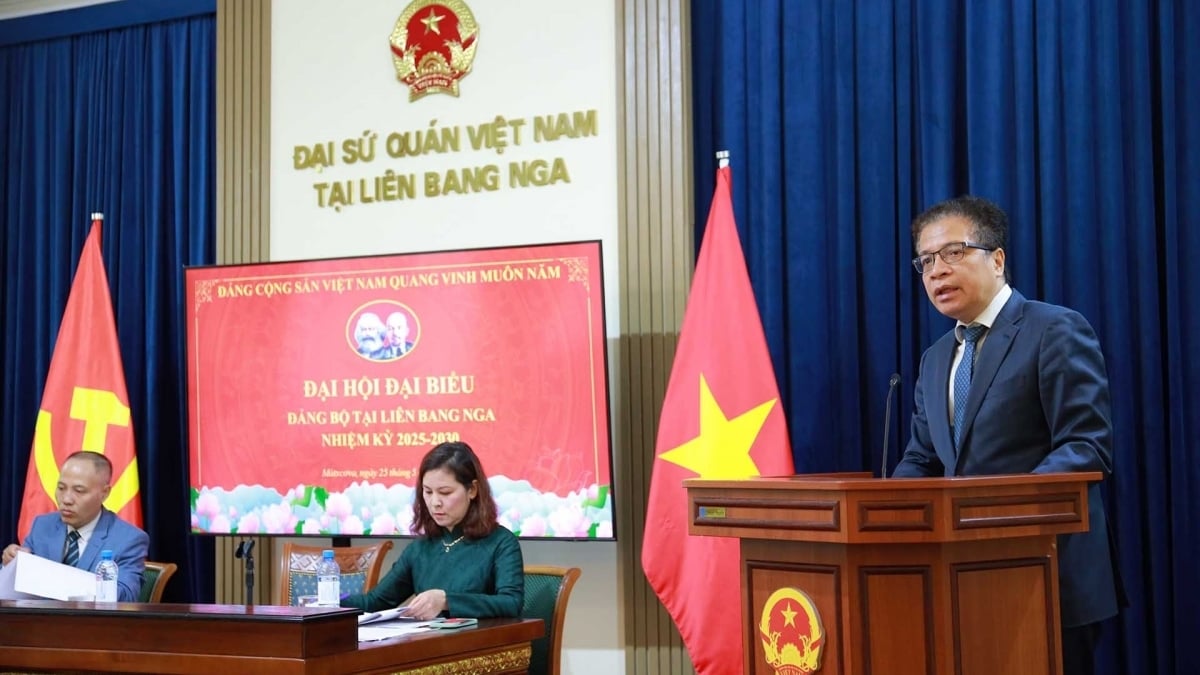


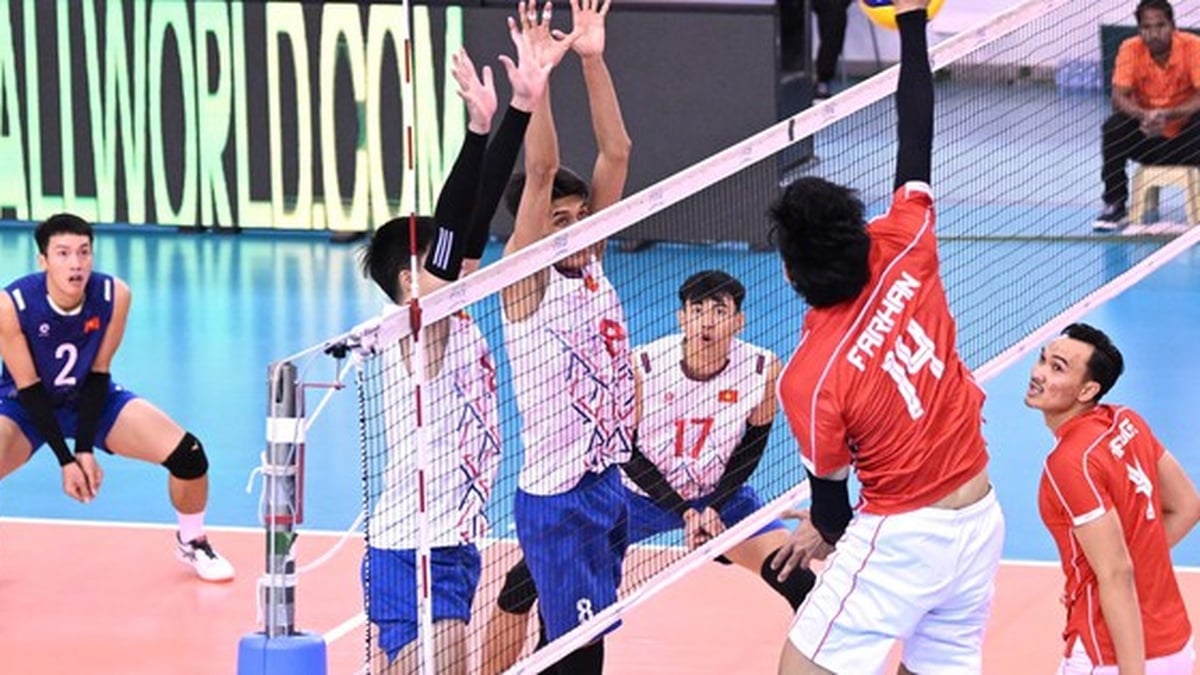


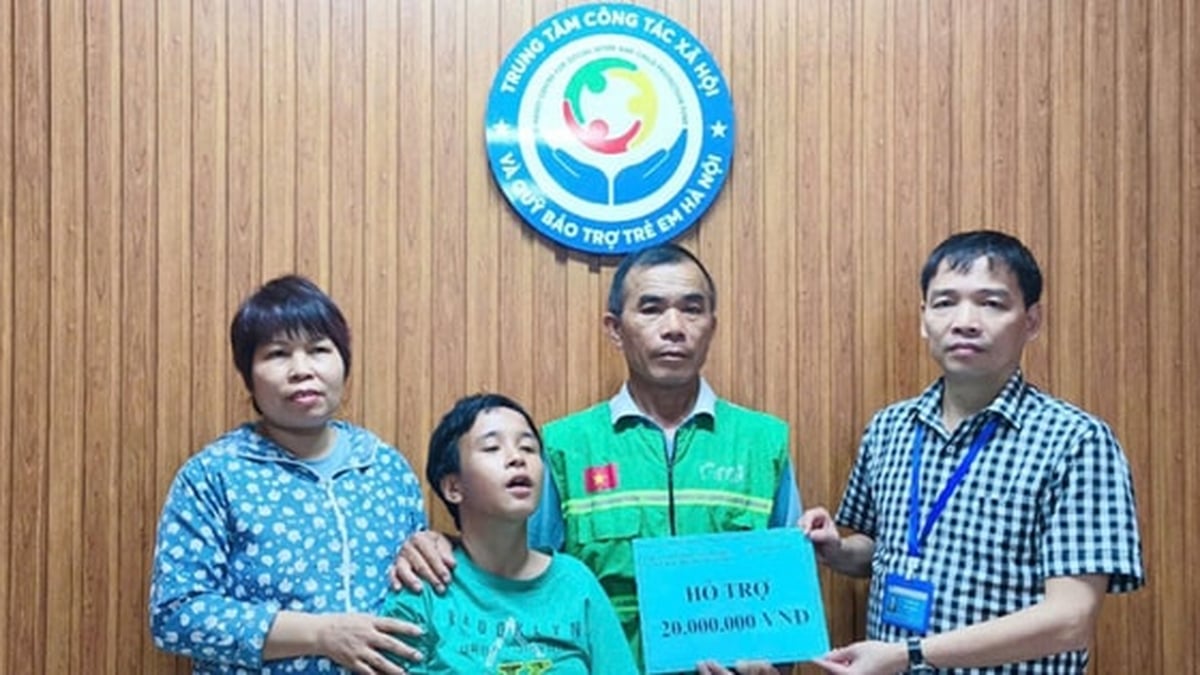
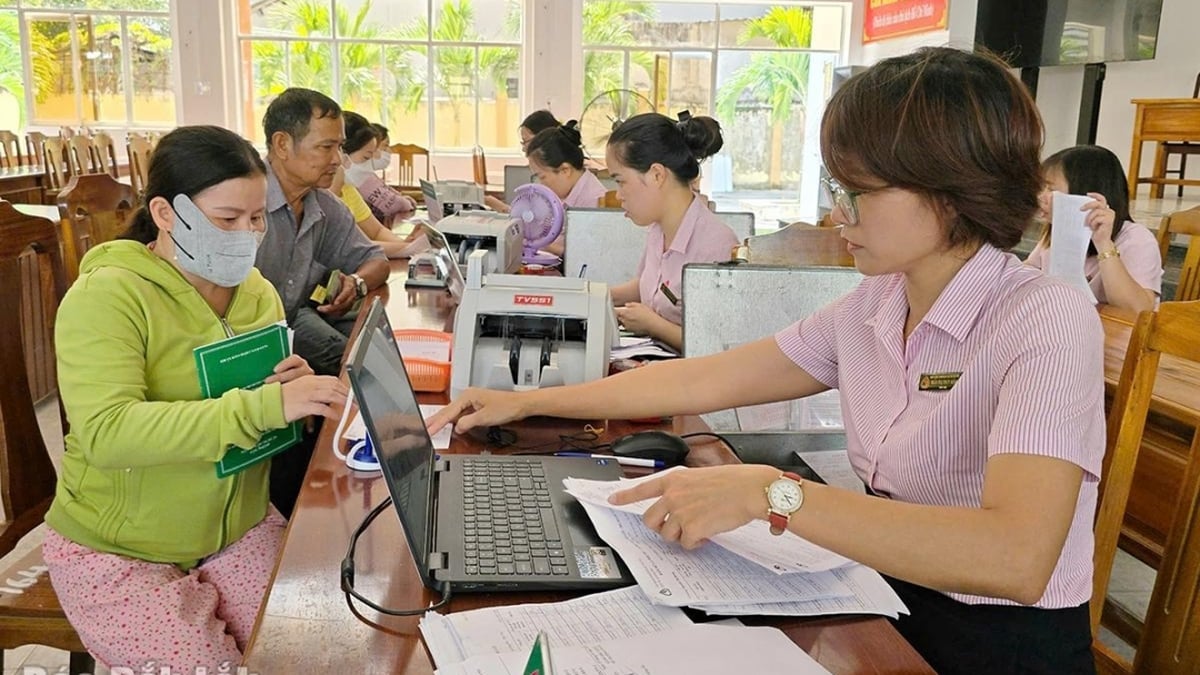
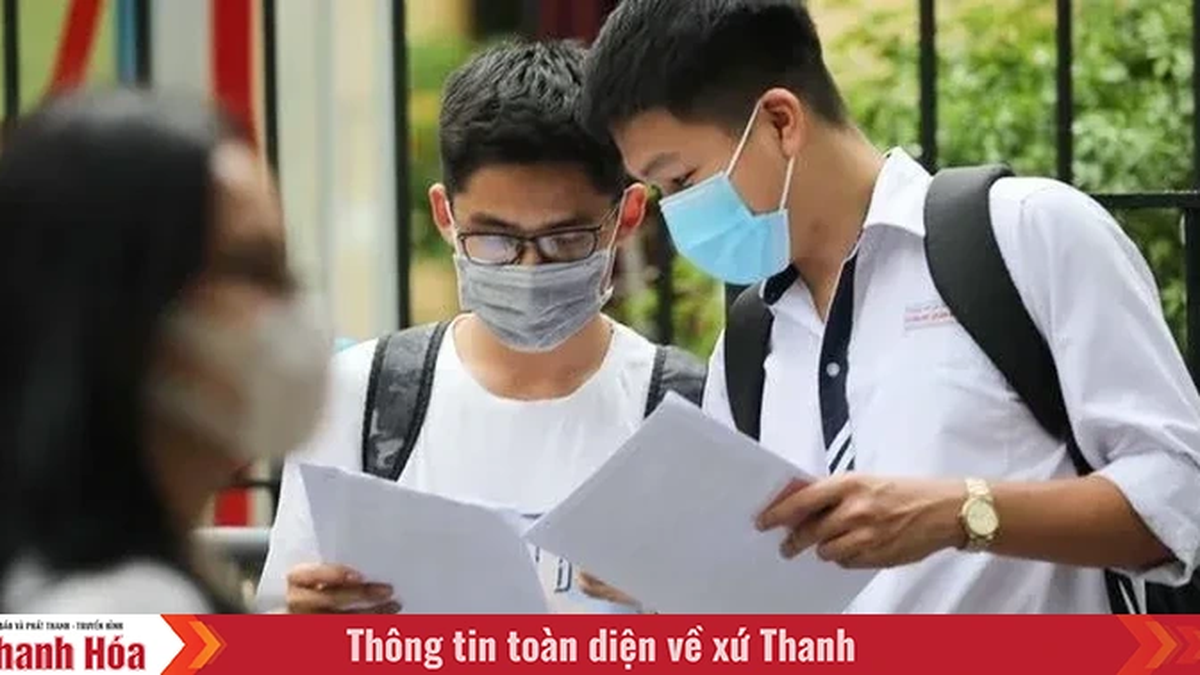
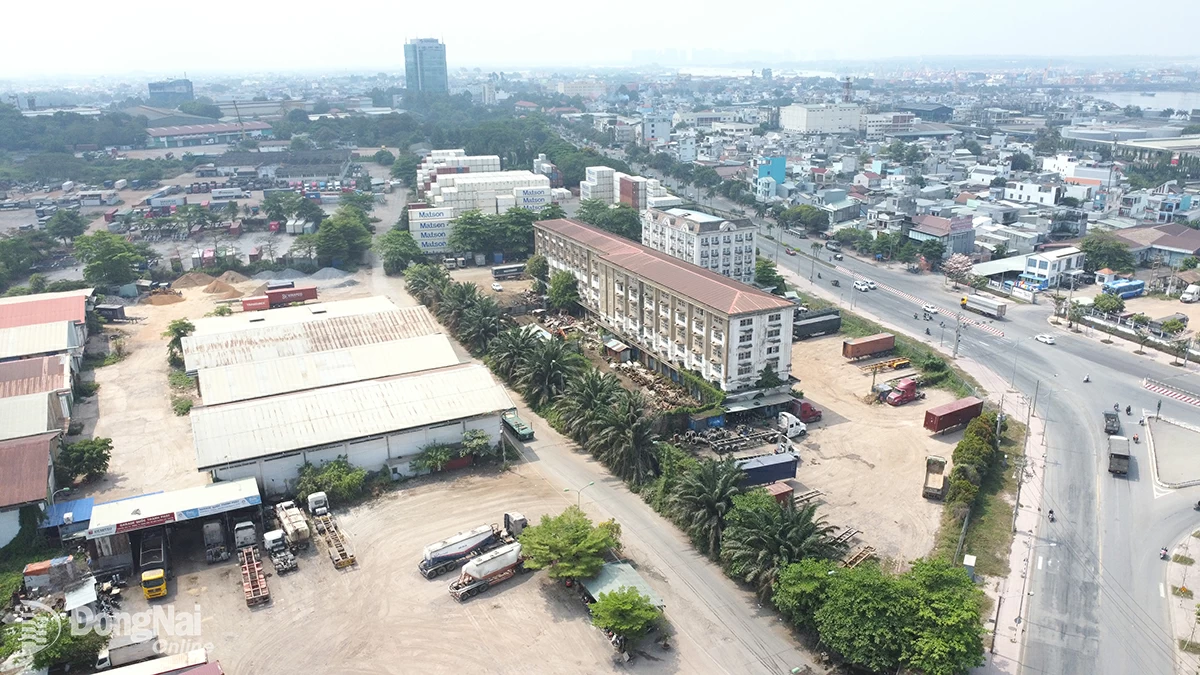










































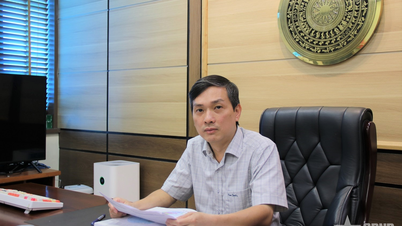
















































Comment (0)